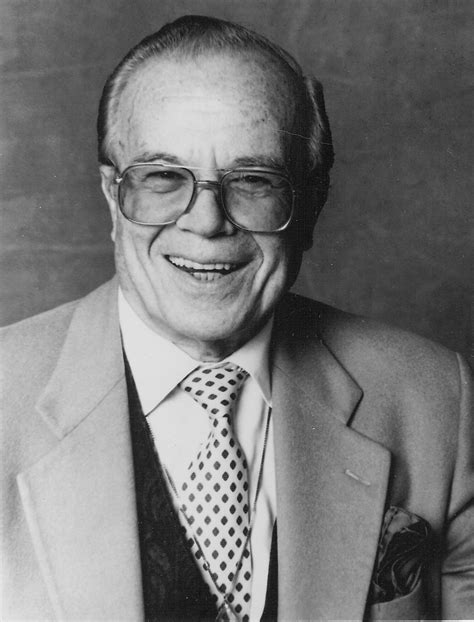A Quote by Chogyam Trungpa
We must be willing to be completely ordinary people, which means accepting ourselves as we are without trying to become greater, purer, more spiritual, more insightful. If we can accept our imperfections as they are, quite ordinarily, then we can use them as part of the path. But if we try to get rid of our imperfections, then they will be enemies, obstacles on the road to our ‘self-improvement’.
Related Quotes
Our wisdom is all mixed up with what we call our neurosis. Our brilliance, our juiciness, our spiciness, is all mixed up with our craziness and our confusion, and therefore it doesn’t do any good to try to get rid of our so-called negative aspects, because in that process we also get rid of our basic wonderfulness. We can lead our life so as to become more awake to who we are and what we’re doing rather than trying to improve or change or get rid of who we are or what we’re doing. The key is to wake up, to become more alert, more inquisitive and curious about ourselves.
Can we come to the point where we can accept the impossible strivings that we have, the utter inability to ever fulfill our narcissistic megalomania, and then go on to live our lives and accept our disturbing thoughts? We need to accept our vulnerabilities and have love for our imperfections. If you can want what you have, I think you're on your way.
I find that as we really love and accept and APPROVE OF OURSELVES EXACTLY AS WE ARE, then everything in life works. It's as if little miracles are everywhere. Our health improves, we attract more money, our relationships become much more fulfilling, and we begin to express ourselves in creatively fulfilling ways. All this seems to happen without even trying.
Our institutions, if they do not erode entirely, can survive periods of decadence brought on by our material success, eras when the whole notion of civic militarism seems bothersome, and in which free speech is used to focus on our own imperfections without concern for the ghastly nature of our enemies.
Now we cannot...discover our failure to keep God's law except by trying our very hardest (and then failing). Unless we really try, whatever we say there will always be at the back of our minds the idea that if we try harder next time we shall succeed in being completely good. Thus, in one sense, the road back to God is a road of moral effort, of trying harder and harder. But in another sense it is not trying that is ever going tobring us home. All this trying leads up to the vital moment at which you turn to God and say, "You must do this. I can't.
You can't expect perfection. It is important to sort of acknowledge some of our imperfections. I write them down. There's something about acknowledging mistakes and being able to put them down on paper; they become facts of your life that you must live with. And then, hopefully, you can navigate the road a little bit better.
In a world in which we are exposed to more information, more options, more philosophies, more perspectives than ever before, in which we must choose the values by which we will live (rather than unquestioningly follow some tradition for no better reason than that our own parents did), we need to be willing to stand on our own judgment and trust our own intelligence-to look at the world through our own eyes-to chart our course and think through how to achieve the future we want, to commit ourselves to continuous questioning and learning-to be, in a word, self-responsible.









































